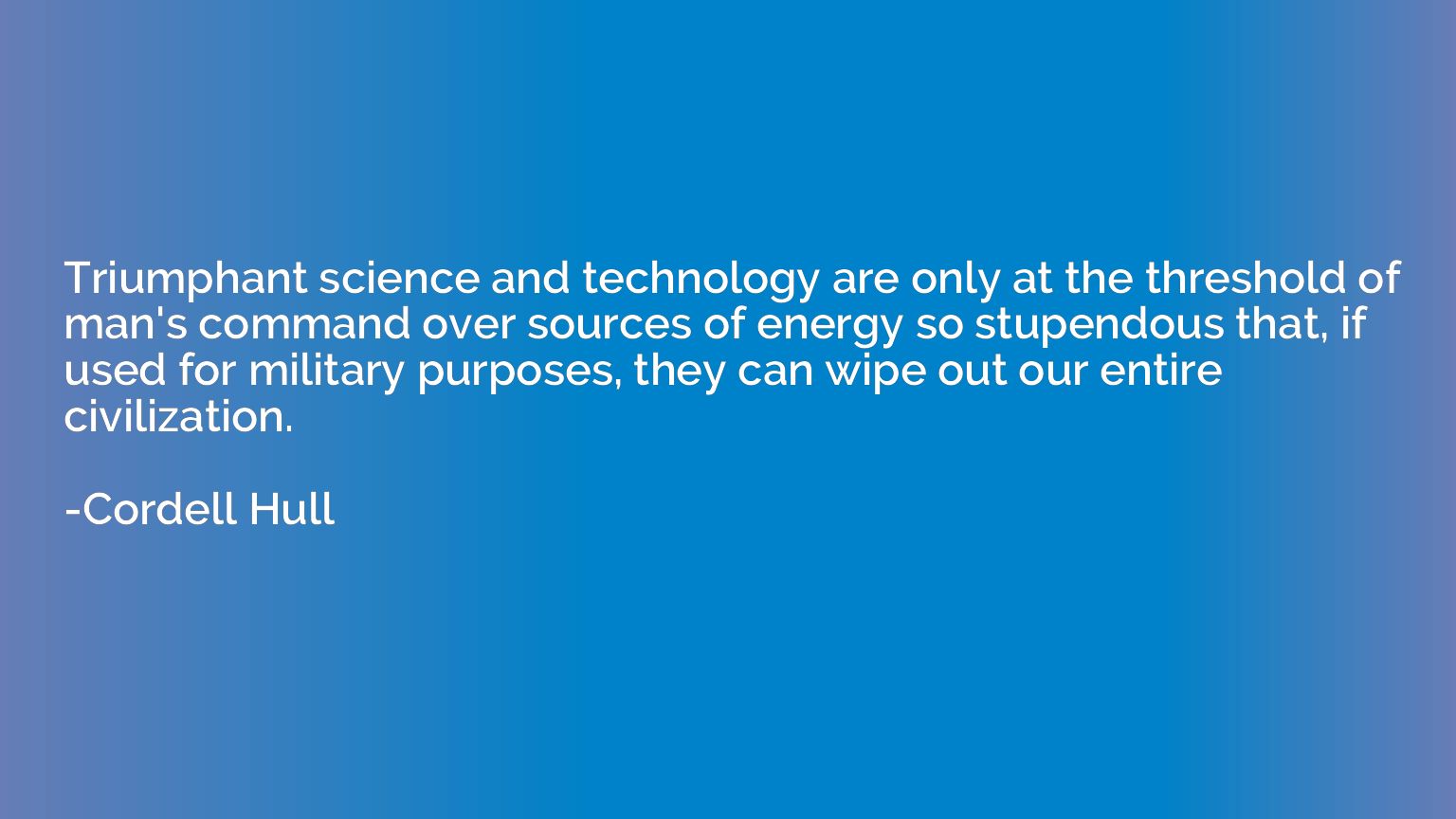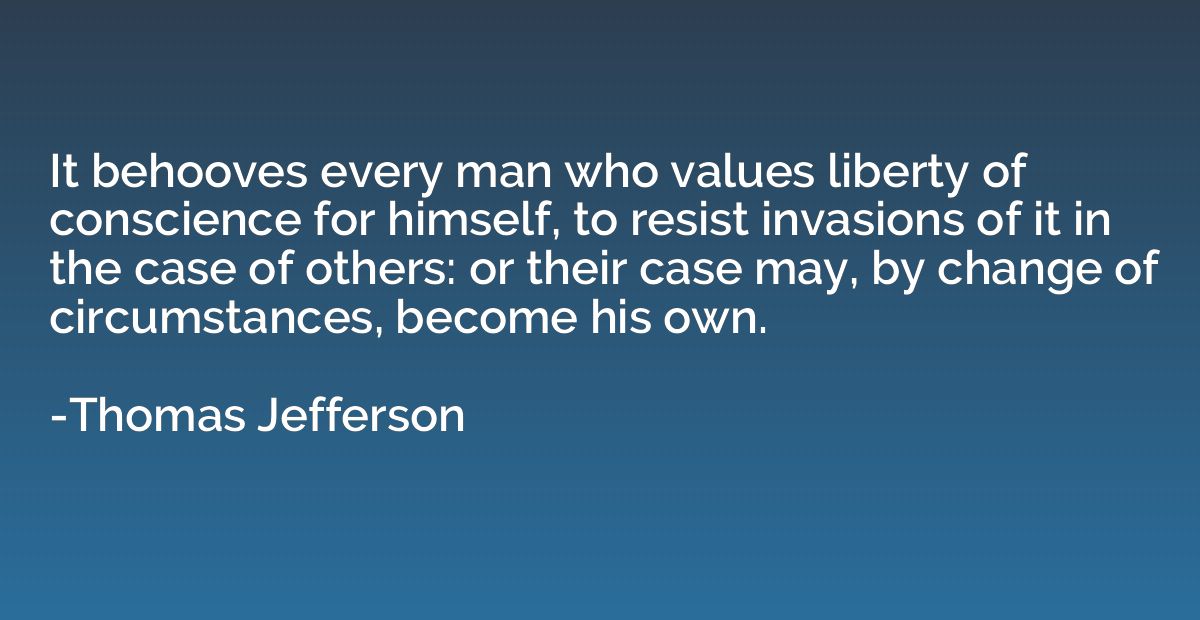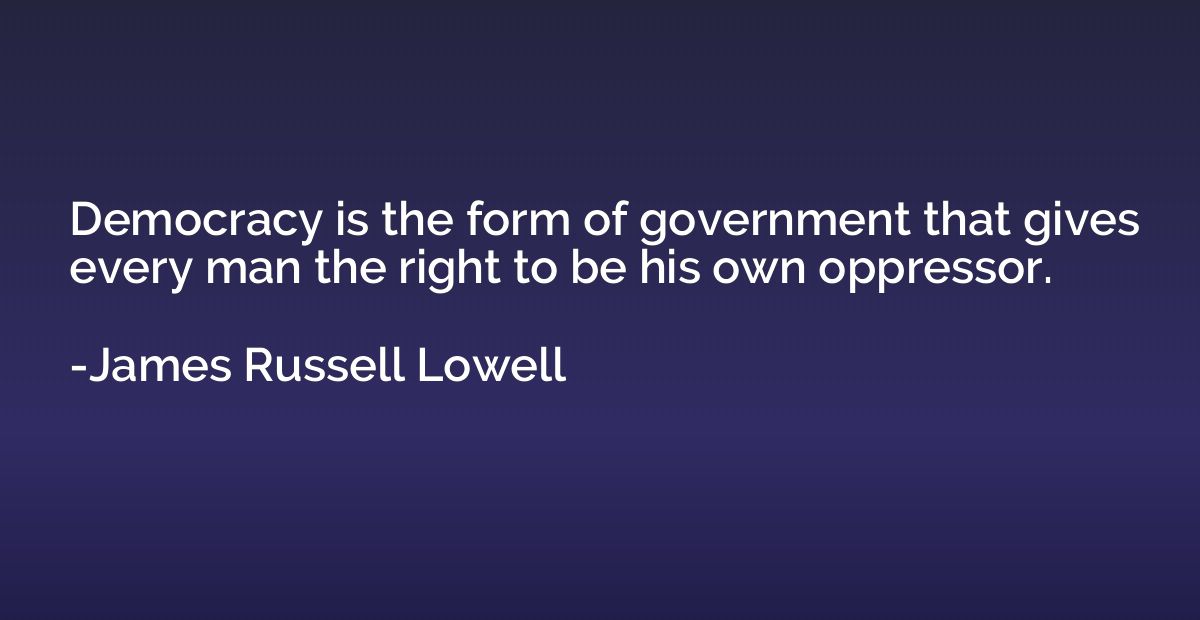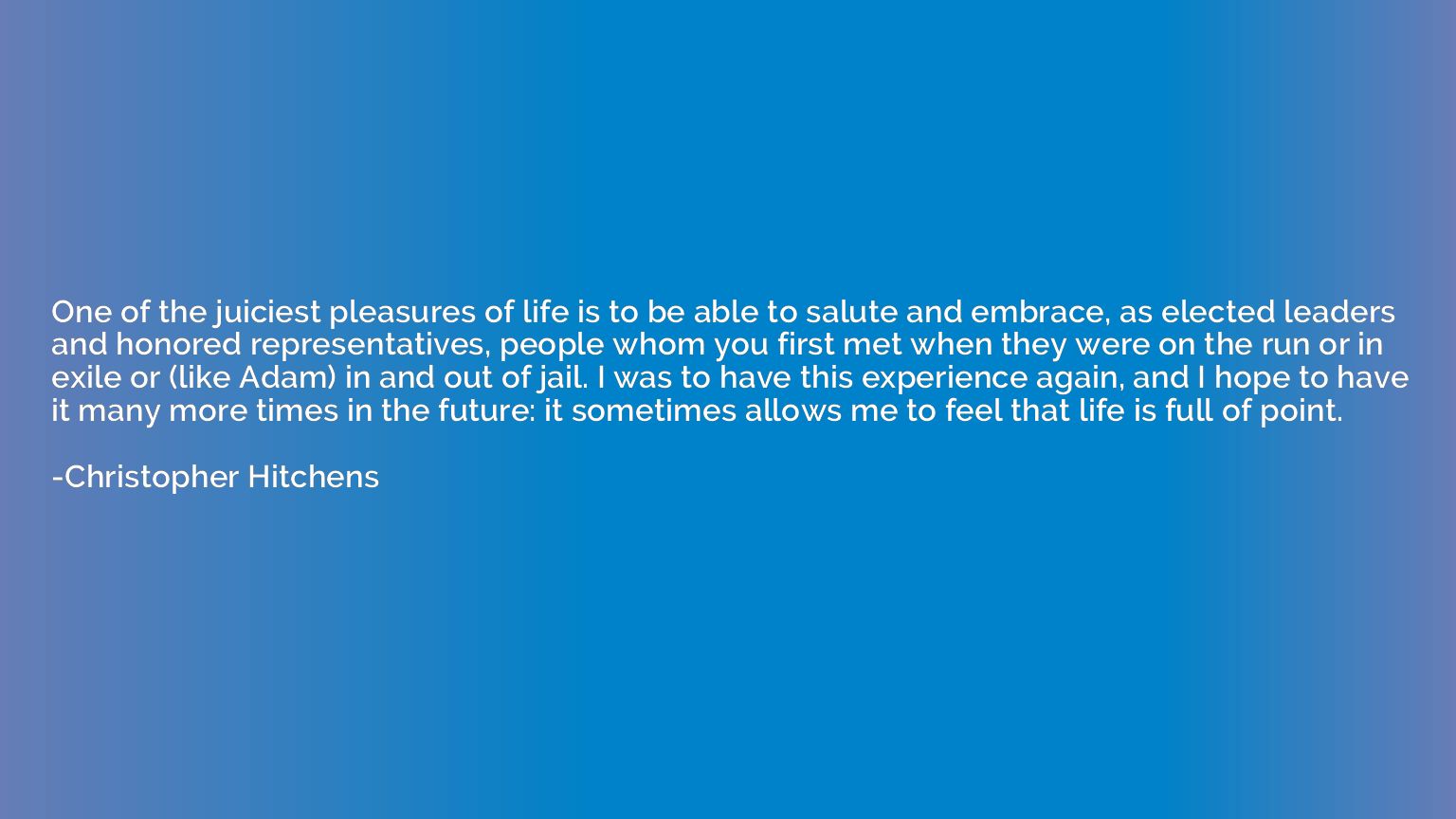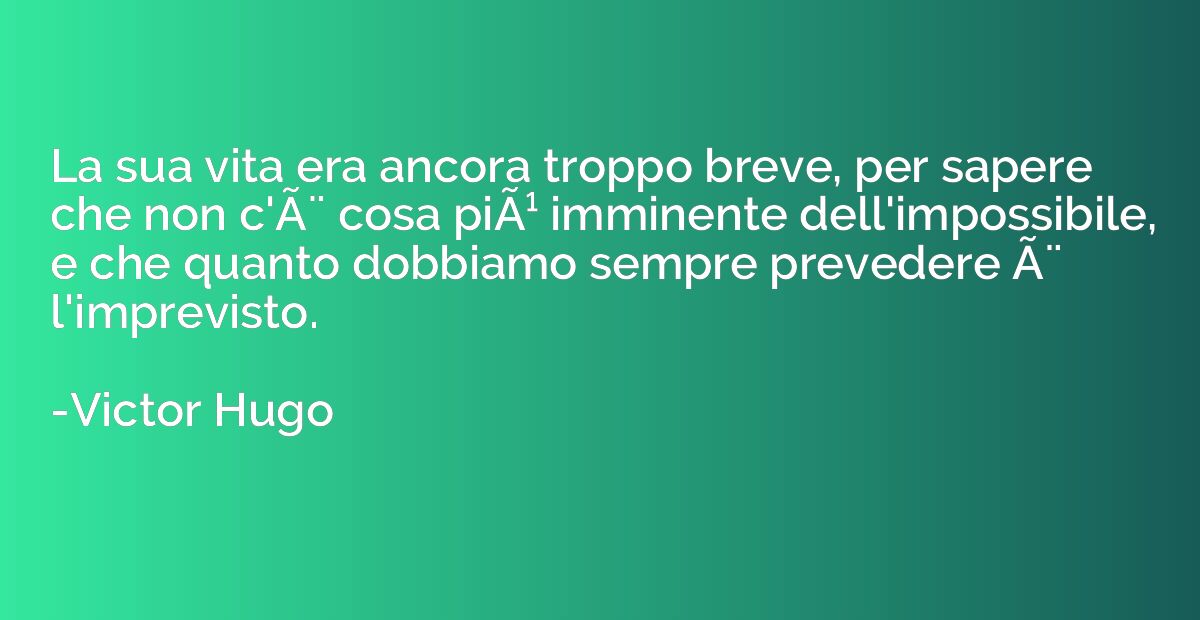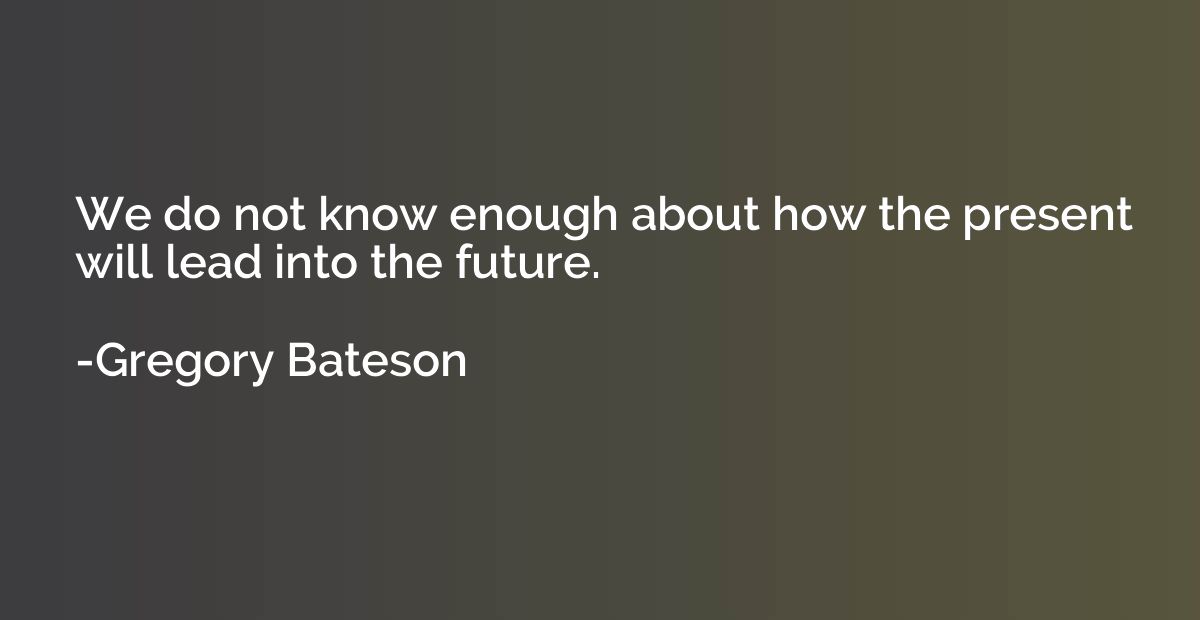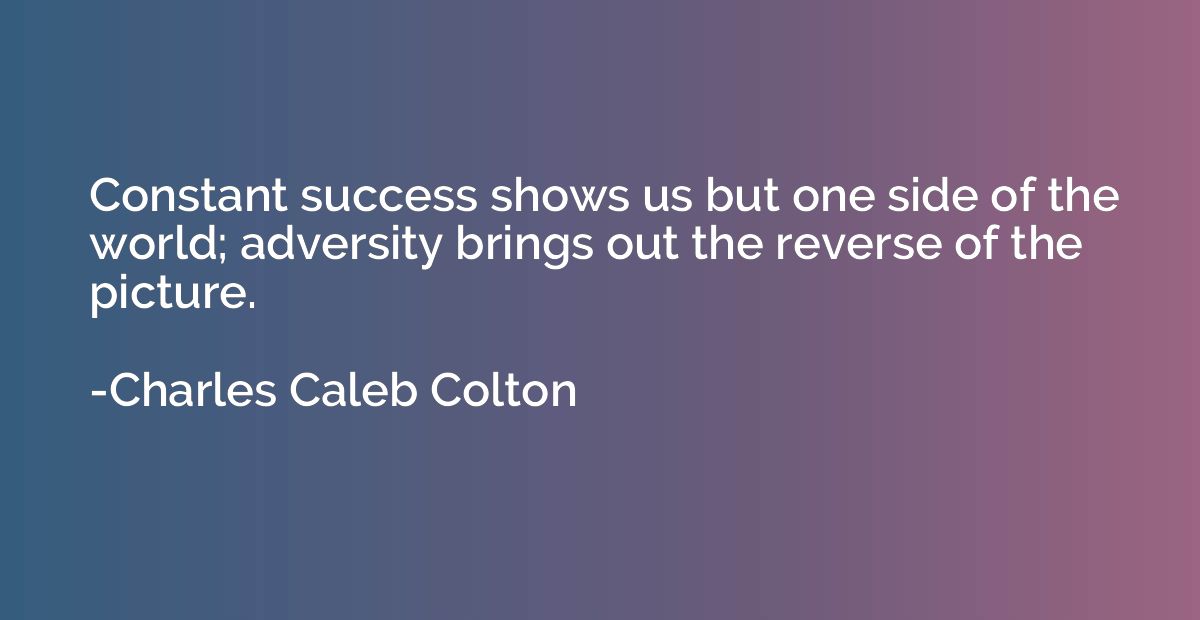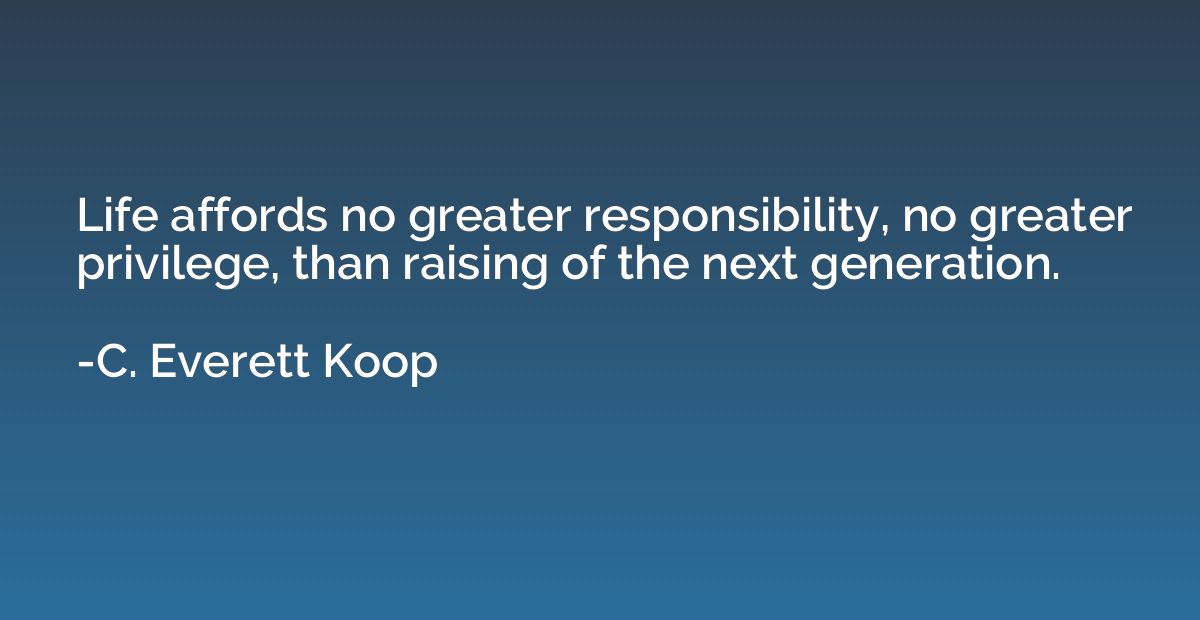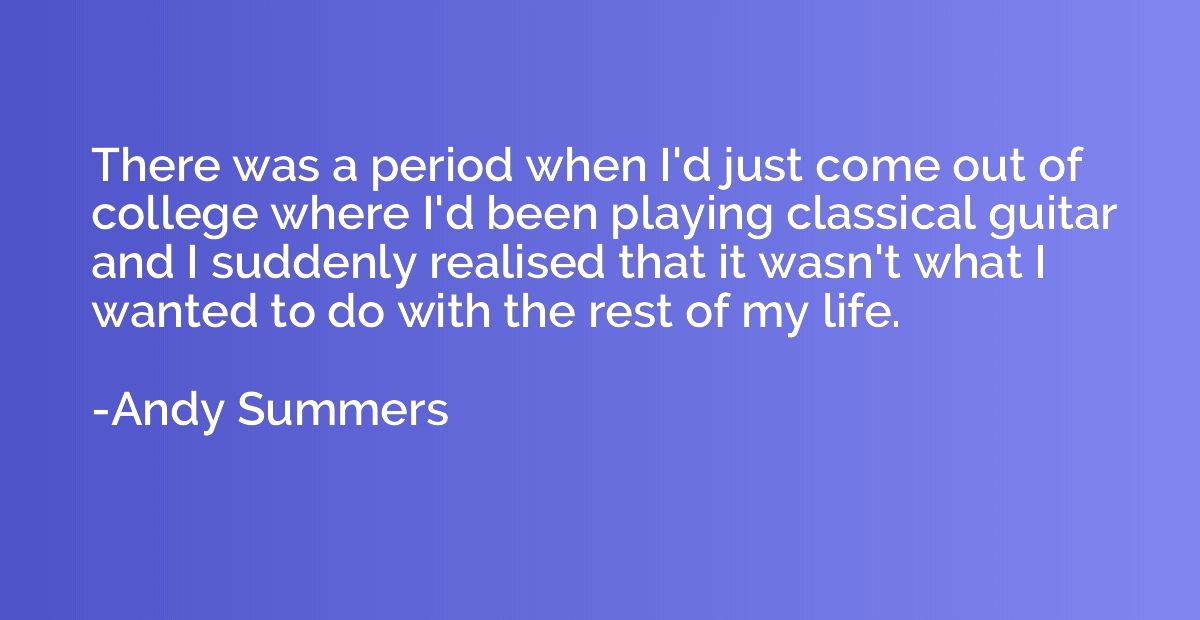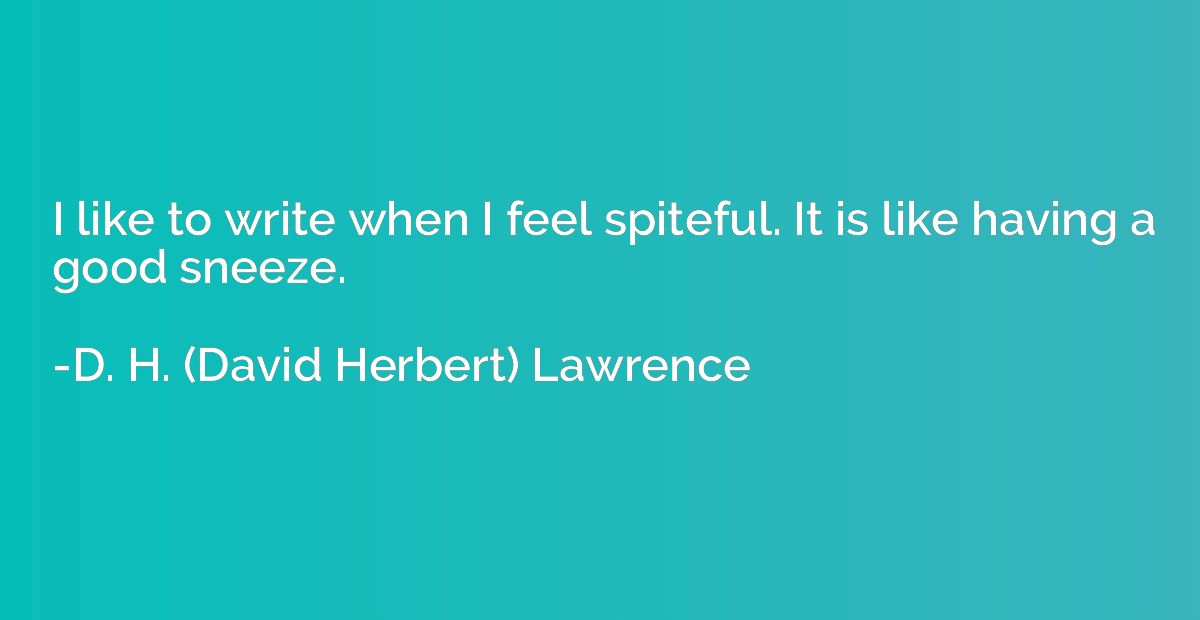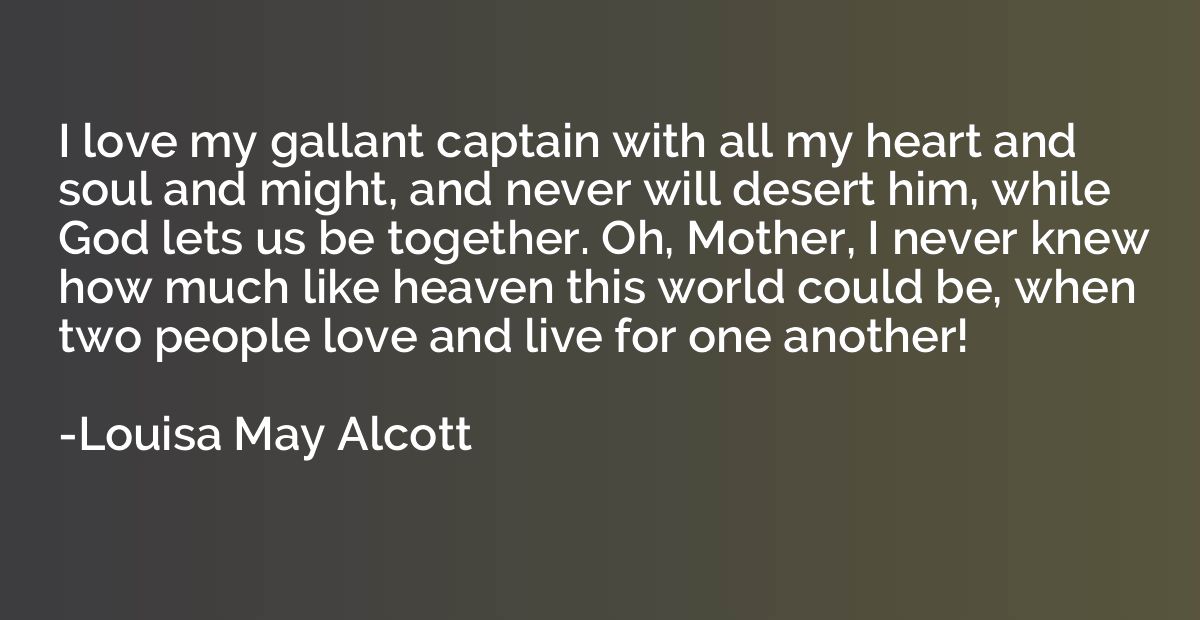Quote by John Fitzgerald Kennedy
When power leads man towards arrogance, poetry reminds him of his limitations. When power narrows the area of man's concern, poetry reminds him of the richness and diversity of existence. When power corrupts, poetry cleanses.
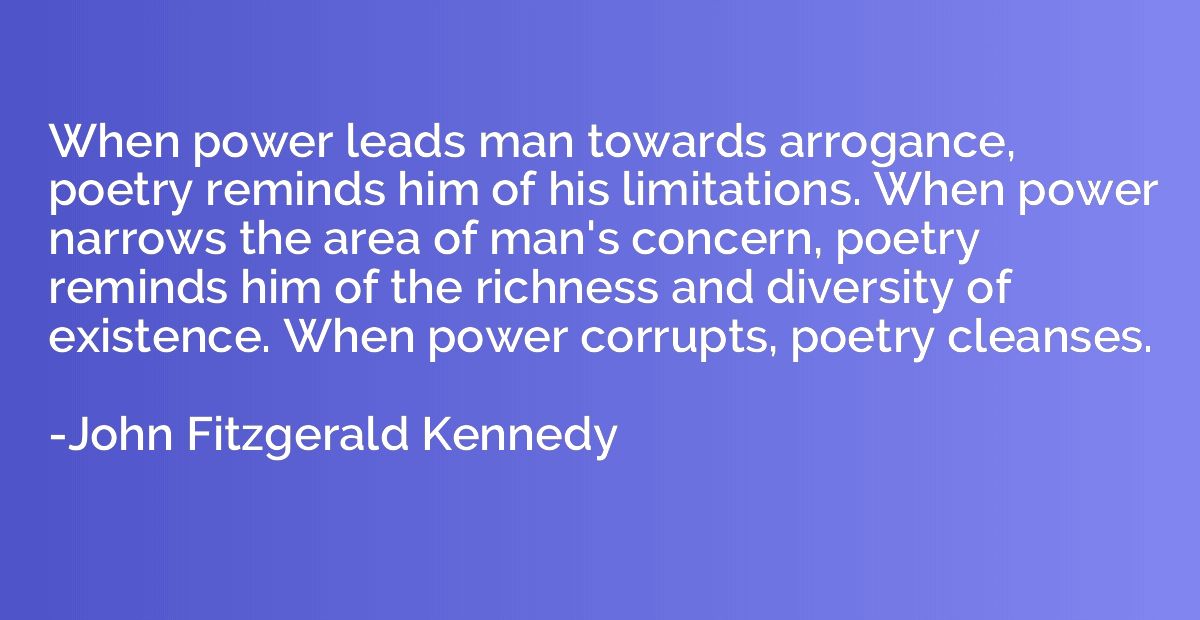
Summary
This quote emphasizes the role of poetry in counteracting the negative effects of power. It suggests that power can often make individuals arrogant and narrow-minded, leading them to lose sight of their limitations and the breadth of experiences in the world. However, poetry serves as a reminder, humbling individuals and expanding their understanding of existence. Furthermore, in a corrupting environment, poetry is portrayed as a purifying force, offering a source of renewal and cleansing. Overall, it highlights how poetry provides a counterbalance to power, fostering humility, empathy, and transformation.



